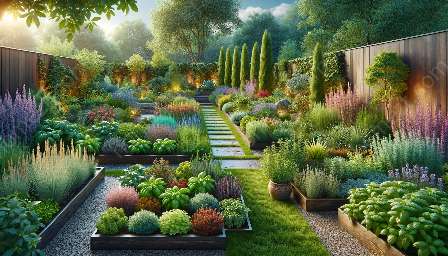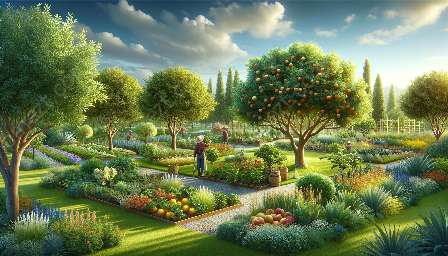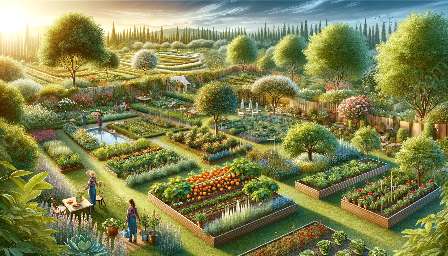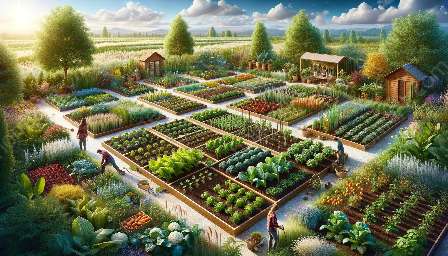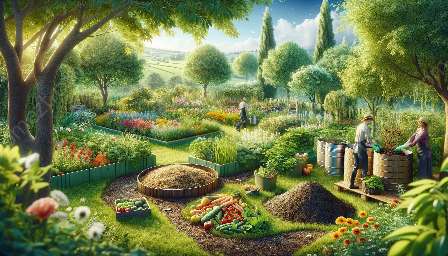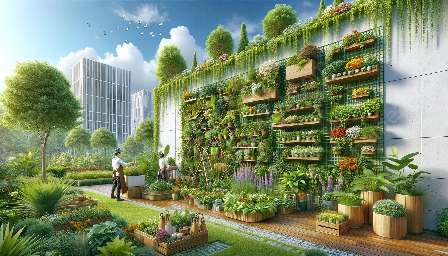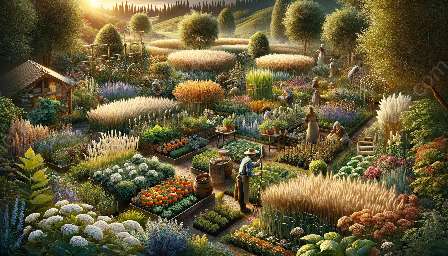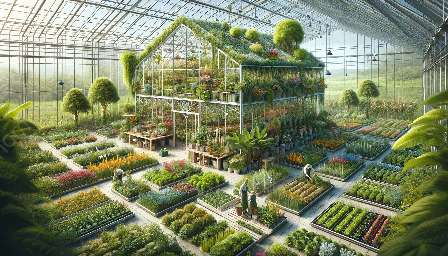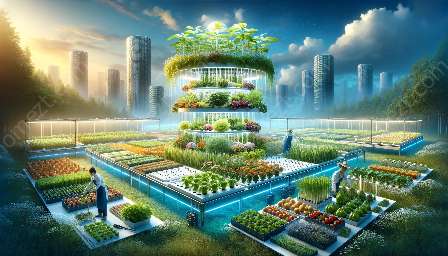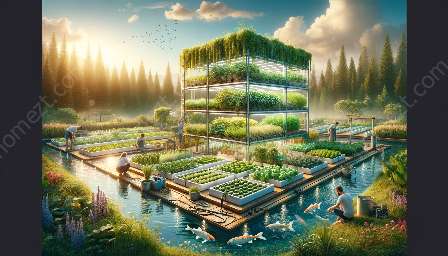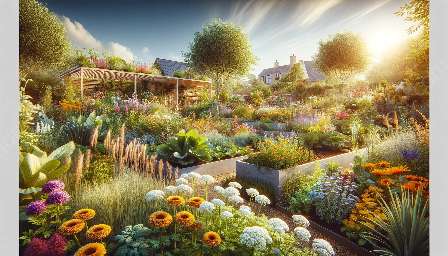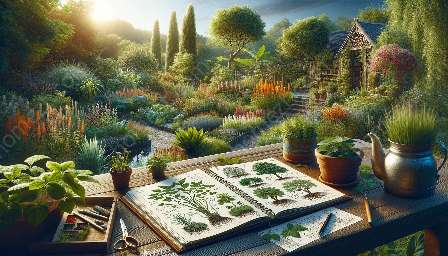Composting is a natural and sustainable way to recycle organic materials into valuable, nutrient-rich soil amendment for gardening and landscaping. By understanding the principles of companion planting and integrating composting into your gardening routine, you can create a thriving ecosystem that benefits both plants and the environment.
The Basics of Composting
Composting is the process of decomposing organic waste, such as kitchen scraps, yard trimmings, and other biodegradable materials, to create a nutrient-rich soil conditioner. The key components of successful composting include providing the right balance of green and brown materials, maintaining proper moisture levels, and turning the compost regularly to aerate and facilitate decomposition.
Benefits of Composting
Composting offers a myriad of benefits for your garden and landscape, including enriching the soil with essential nutrients, improving soil structure and moisture retention, and reducing the need for chemical fertilizers. Additionally, composting reduces the amount of organic waste sent to landfills, thereby minimizing greenhouse gas emissions and contributing to a healthier environment.
Companion Planting and Composting
Companion planting, the strategic arrangement of different plant species to benefit one another, complements composting by fostering symbiotic relationships between plants. For example, planting nitrogen-fixing legumes alongside heavy feeders like tomatoes can enhance soil fertility, while aromatic herbs such as basil can repel pests when grown near susceptible plants. Integrating compost into companion planting schemes creates an optimal environment for plants to thrive, maximizing their health and productivity.
Sustainable Gardening and Landscaping
Composting aligns with sustainable gardening and landscaping practices, demonstrating a commitment to environmental stewardship and resource conservation. By recycling organic waste into compost, gardeners and landscapers reduce their reliance on synthetic fertilizers and pesticides, contributing to healthier ecosystems and promoting biodiversity. Adopting sustainable practices through composting and companion planting fosters resilience in gardens and landscapes, creating beautiful and thriving outdoor spaces that harmoniously coexist with nature.
Implementing Composting in Your Garden
Now that you understand the benefits of composting and its compatibility with companion planting and sustainable landscaping, you can take steps to integrate composting into your gardening routine. Begin by designating a space for a compost bin or pile, ensuring proper aeration and moisture levels. Collect kitchen scraps, yard waste, and other organic materials to add to the compost, and monitor the decomposition process. As the compost matures, incorporate it into your garden beds or use it as a top dressing for your landscaping projects, reaping the rewards of nutrient-rich soil that supports healthy plant growth and vitality.
Conclusion
Composting serves as a transformative practice that enhances gardening and landscaping endeavors by fostering sustainable and regenerative ecosystems. Pairing composting with companion planting and embracing sustainable gardening and landscaping practices empowers individuals to become stewards of the environment while creating beautiful and bountiful outdoor spaces. By harnessing the natural processes of composting and companion planting, gardeners and landscapers can cultivate thriving landscapes that exemplify the beauty and balance of sustainable living.


